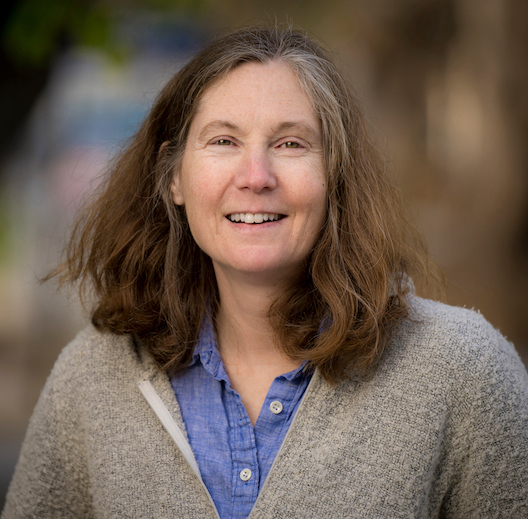Invited Speakers and Panels
The following speakers have graciously accepted to give invited talks at NAACL 2024.
Claudio Pinhanez, IBM Research Brazil

Title: Harnessing the Power of LLMs to Vitalize Indigenous Languages
Time: Monday, June 17, 9:30–10:30
Abstract: How can Large Language Models (LLMs) and modern NLP be used to increase the use and the documentation of Indigenous languages which are in danger of disappearing? First, I report on the development of high-quality translators for Indigenous languages by fine-tuning SOTA machine translators with tiny amounts of data, and discuss how to avoid some common pitfalls. Next, I present prototypes built with Indigenous communities aiming to stimulate and facilitate writing, using LLM models to create spell-checkers, next-word predictors, and similar tools. Finally, I discuss a future for documentation where dying languages are preserved as interactive language models.
Speaker Bio: Claudio Pinhanez is a scientist, innovator, and professor. He is currently a Principal Scientist in the laboratory of IBM Research in Brazil where he leads research on artificial intelligence, human-machine interaction, and natural language processing. He is also the Deputy Director of the Center for Artificial Intelligence of the University of São Paulo, where he is a Visiting Professor at the Institute of Advanced Studies. Claudio got his Ph.D. from the MIT Media Laboratory in 1999, joined the IBM Research T.J. Watson laboratory in New York and in 2010 co-founded the IBM Research laboratory in Brazil. Since 2022 he leads a joint project of IBM Research and the University of São Paulo focused on the use of AI technology to document and vitalize Brazilian Indigenous languages.
Seana Coulson, University of California San Diego

Title: Distributional Semantics: What do large language models have to say?
Time: Wednesday, June 19, 14:00–15:00
Abstract: Large language models motivate an approach to meaning known as distributional semantics, that words mean what they do because of how they’re distributed in language. In this talk I will describe some evidence from my lab that suggests metrics from large language models do a good job of predicting behavioral and neural responses to some aspects of human language. I go on to describe some research that highlights important differences in meaning processing in humans and the ‘understanding’ displayed by language models. Discrepancies are particularly noteworthy in studies of joke comprehension.
Speaker Bio: Seana Coulson received her Ph.D. in Cognitive Science from the University of California San Diego in 1997. The recipient of fellowships from the McDonnell Pew foundation and the NIH NRSA, she worked as a post-doctoral fellow in the Psychology Department at the University of Arizona from 1997-1999. In 1999, she returned as faculty to UC San Diego’s Cognitive Science Department. She is currently a full Professor, holds the Jeffrey Elman Chancellor’s Endowed Chair of Cognitive Science, and co-directs the UCSD/SDSU Joint Doctoral Program in Language and Communicative Disorders. She directs the Brain and Cognition Lab at UC San Diego where her research concerns how people understand language and other meaningful stimuli.